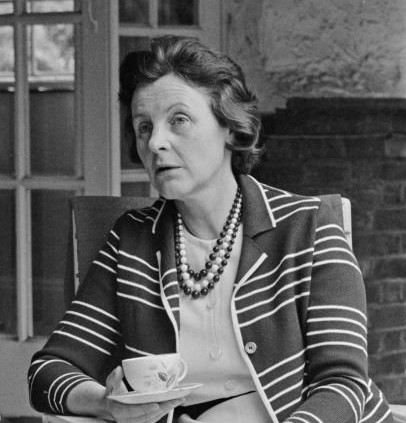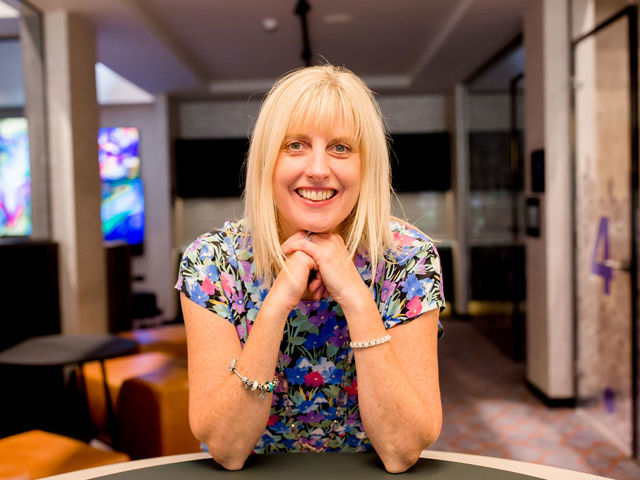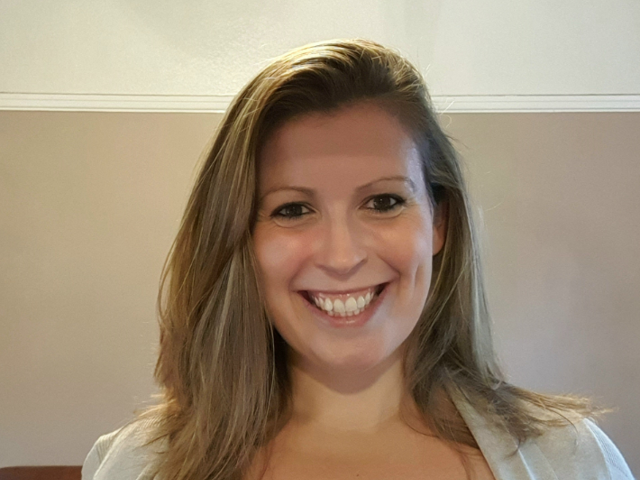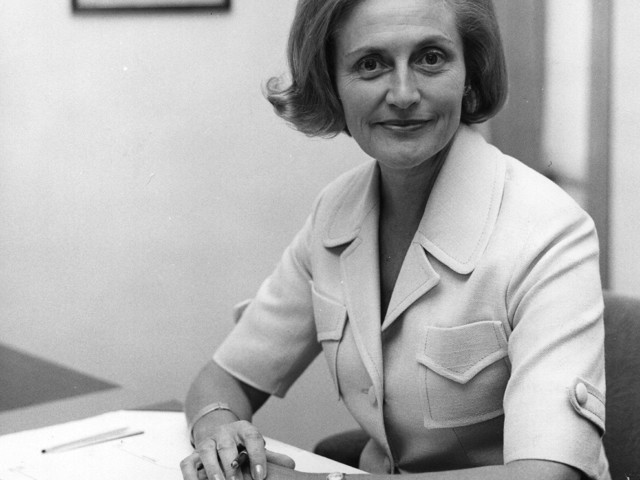Lady Cicely Mayhew
First UK Female Diplomat
Class of 1942
Cicely Elizabeth Mayhew, Lady Mayhew, was born on 16 February 1924. She was the second woman to work for the British Foreign Office, and its first female diplomat.
Her father, C.S Ludlam was a metallurgist and artisanal miner who made his money in copper in Northern Rhodesia, now Zambia. She grew up in Kenya, Tanzania and South Africa, attending the Loreto Convent School from 1929 to 1932. Her formal education was then interrupted for two years while she and her mother accompanied her father on prospecting expeditions in Tanzania and Uganda, helping him pan for gold. During this time she learned to make a mud floor, and was able to balance four books on her head, in the manner of local women carrying water.
Cicely returned to Britain aged 10 to be educated, she did not see her mother again until her twenties. She lived with her aunts and attended Sheffield High School from 1934-1940 when she won a scholarship to the Sixth Form at Cheltenham Ladies' College and from there a further scholarship to Lady Margaret Hall, Oxford, where she read French and German.
Her time at Oxford lasted for just two years, as in 1944 her language skills led her to be recruited by naval intelligence and sent to Bletchley Park. There she was stationed in Hut 8, translating into English signals from the German fleet which had been decoded.
After the war she was invited to interview to join the Civil Service, when asked at interview (by her all-male panel) why she wanted to join she replied frankly that she did not! She had come only as a courtesy, as they had invited her. When pressed for further detail, Cicely said that whilst at Bletchley Park she had had to watch as men that did not have a First from Oxford were promoted to grades denied to her.
Until 1946 women could not work for the Foreign Office and Cicely was only the second to break that bar, and the first to be appointed as a diplomat. In 1947, aged 22, she was sent behind the Iron Curtain to Tito's Yugoslavia, accompanied by her dog, Hamlet.
Her next posting was to Geneva, but by then she had met Christopher Mayhew, who would become her husband. This meant the end of her career in the Foreign Office. Uniquely in Whitehall, it had after the war retained the bar that required female staff to resign on marriage, and this remained in place until 1973.
Cicely supported her husband throughout his career, which spanned politics, broadcasting for the BBC and being made a life peer in 1981. Lord Mayhew died in 1997.
She had four children, and once they had grown up, she returned to work as an interviewer of candidates for organisations such as Voluntary Services Overseas, the Parole Board, and indeed the Foreign Office. In 2000, she published a memoir of her early life, Beads on a String.
She knew her own mind and had a keen sense of justice, she was generous and caring. Most afternoons she treated herself to a tub of vanilla ice cream, to make up for wartime rationing. She died on 8 July 2016, aged 92.





